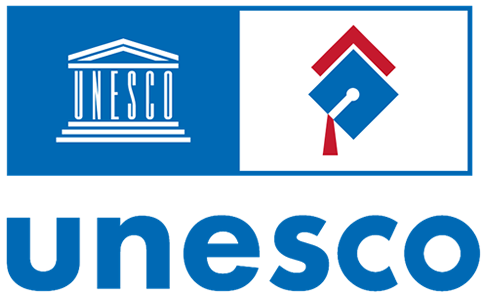Stratégies de communication savante dans les universités à forte intensité de recherche en Amérique latine
Résumé
Les universités qui se consacrent à la production de recherches de haute qualité existent depuis des siècles en Amérique latine, mais ce n'est qu'au cours des deux dernières décennies que le modèle à forte intensité de recherche est devenu la norme pour la plupart des universités publiques de la région. L'importance croissante accordée à l'édition savante dans la région a coïncidé avec les progrès de l'internet et l'émergence et la croissance du mouvement de l'accès ouvert (OA). Comment l'accès libre a été compris et intégré dans les pratiques de publication des universitaires dans les universités à forte intensité de recherche ; 2. comment l'accès libre a été compris et intégré dans les pratiques des systèmes nationaux de recherche et développement (R&D) ; et 3. comment nous pouvons comprendre la dynamique de convergence entre la croissance de la recherche et la croissance de l'accès libre dans la région. Nous constatons que l'inclusion de SciELO et de RedALyC dans les systèmes d'évaluation des universités à forte intensité de recherche et des systèmes nationaux de R&D a donné la prédominance à l'OA dans la région. Bien qu'il soit impossible de déterminer la relation directe entre ces initiatives d'OA (et les technologies associées) sur la quantité et la qualité de la recherche en Amérique latine, nous concluons qu'elles ont constitué un mécanisme de soutien pour les chercheurs, les universités et les systèmes d'innovation nationaux.
Copyright (c) 2012 Revue Enseignement Supérieur et Société

Ce travail est disponible sous licence Creative Commons Attribution - Pas d’Utilisation Commerciale 4.0 International.
Avis de droit d'auteur
Le droit d'auteur permet de protéger le matériel original et d'empêcher l'utilisation du travail d'autrui sans autorisation. L'UNESCO IESALC adhère aux licences Creative Commons pour la publication en libre accès de l'ESS. Plus précisément, les textes publiés dans ce journal sont soumis à une licence Creative Commons Attribution-NonCommercial 4.0 International (CC BY-NC 4.0) : ESS est une revue en libre accès, ce qui signifie que tout le contenu est mis gratuitement à la disposition de l'utilisateur ou de son institution. Les utilisateurs peuvent lire, télécharger, copier, distribuer, imprimer, rechercher ou créer un lien vers le texte intégral des articles, ou les utiliser à toute autre fin légale, sans demander l'autorisation préalable de l'éditeur ou de l'auteur, en veillant toujours à citer l'auteur. L'utilisation commerciale n'est pas autorisée. L'ESS demande aux auteurs d'accepter l'avis de droit d'auteur dans le cadre du processus de soumission. Les auteurs conservent tous les droits.
La licence complète peut être consultée à l'adresse https://creativecommons.org/licenses/by-nc/4.0/
 Attribution - NonCommercial (CC BY-NC 4.0)
Attribution - NonCommercial (CC BY-NC 4.0)
Cette revue ne fait pas payer les auteurs pour la soumission ou le traitement des articles. Les auteurs des contributions recevront un accusé de réception indiquant que leur travail est parvenu à l'équipe de rédaction de la revue.




.png)
